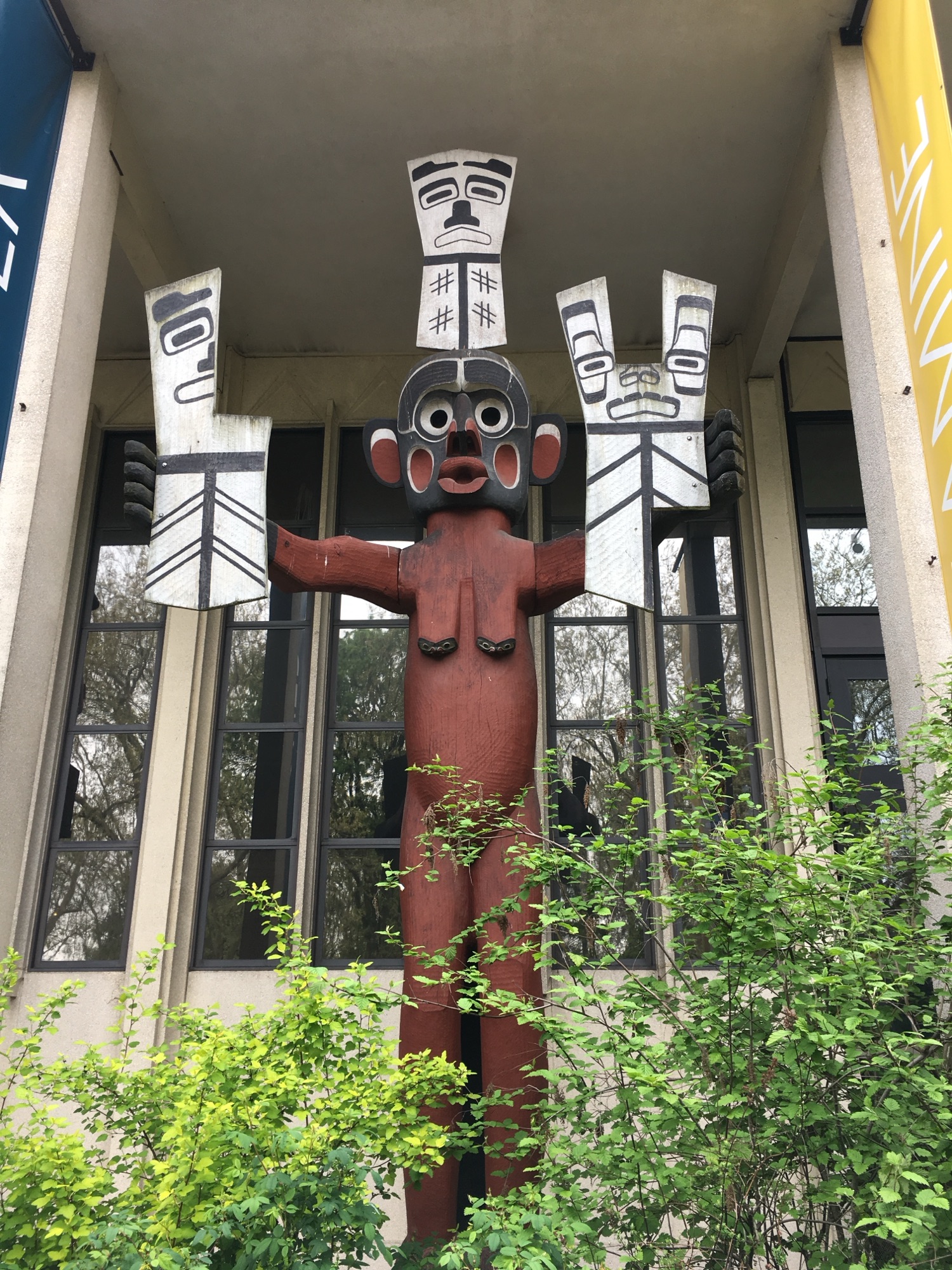Here is the opinion in Flying T Ranch Inc. v. Stillaguamish Tribe of Indians:

Briefs here.
Here are the available materials in Tulalip Tribes v. Lexington Insurance Co.:

Here is the oral argument video in Flying T Ranch v. Stillaguamish Tribe of Indians.
Briefs here.

Here are the briefs in Flying T Ranch v. Stillaguamish Tribe of Indians:
Washington COA materials here.

Here are the available materials in Flying T Ranch Inc. v. Stillaguamish Tribe of Indians:

Here are the materials in Howson v. Similk Inc.:

Here are the materials in State of Washington v. American Tobacco Co. (Wash. Ct. App.):

Here are the available materials in Pitoitua v. Gaube (Wash. Ct. App.):
Here are the materials in Sauk-Suiattle Indian Tribe v. City of Seattle (Wash. Ct. App.):

We also conclude that when the Department has reason to believe that a child is an Indian child under ICWA and WICWA, the heightened removal standard in those statutes applies to ex parte pick-up order requests. Because the Department had reason to know A.W. is an Indian child–information not shared with the trial court–and the trial court appliced an incorrect legal standard in assessing the Department’s evidence at that stage of the proceeding, the trial court erred in not vacating the pick up order.
You must be logged in to post a comment.